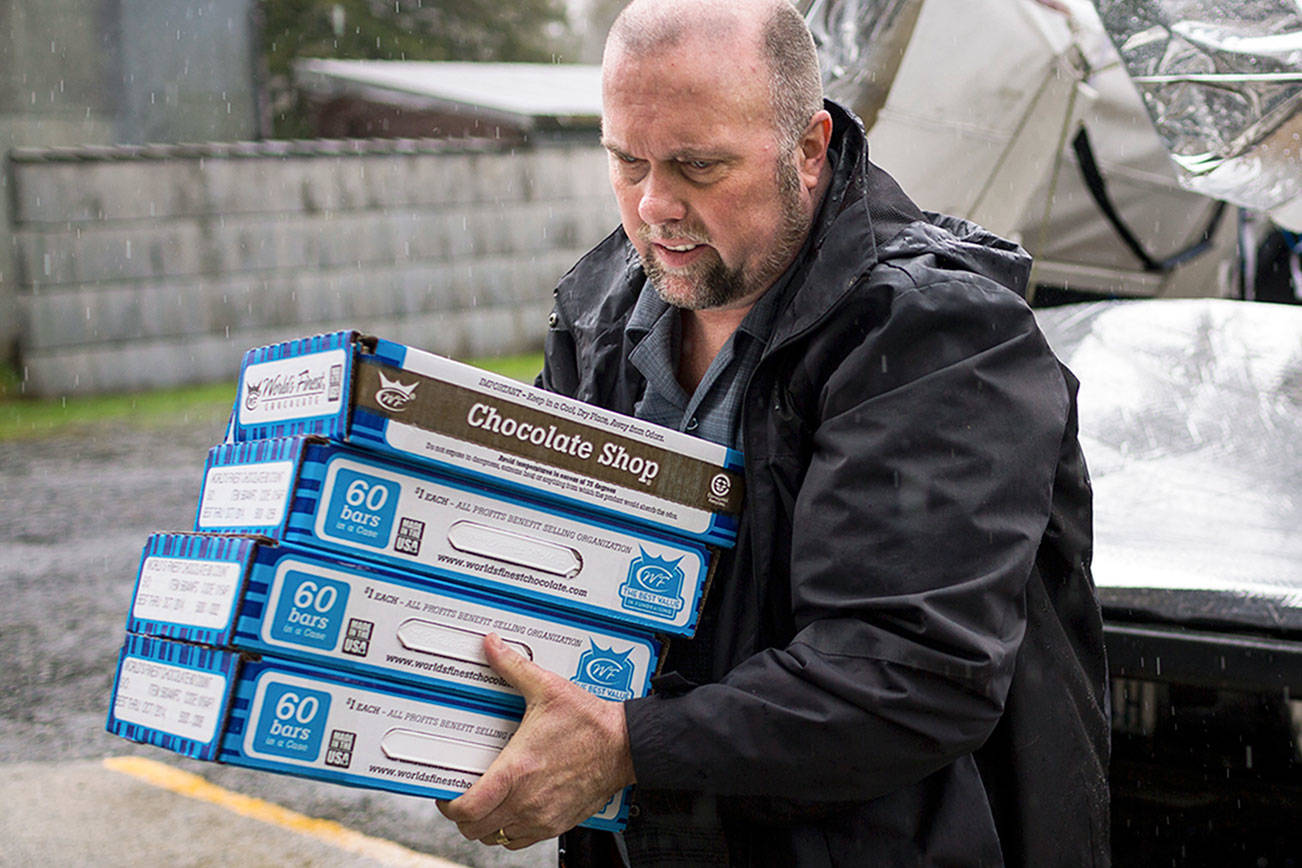OSO — A former pastor of the Oso Community Chapel pleaded guilty Tuesday to three counts of first-degree theft after stealing thousands of dollars from families who survived the 2014 Oso mudslide.
Gary J. Ray, 57, admitted to taking about $10,000 from the church and a total of more than $35,000 from two other congregations, including Restoration Church Camano.
Each of the three counts has aggravating circumstances for abusing his position of trust.
“In all of the above events, I had the intent to deprive the above organizations of the money,” Ray wrote in court documents. “I used my position of trust to facilitate the theft, and the above involved multiple victims, multiple incidents, and occurred over a number of years.”
His case is being handled in Island County Superior Court because the investigation started at Restoration Church Camano, where he worked after leaving Oso.
The stolen money had been raised by faith-based organizations and was then transferred into a personal bank account, according to court records. Prosecutors alleged that Ray took the donations for his own use with “no intention” of distributing them.
Ray had been working for the Oso chapel at the time of the 2014 disaster, where 43 people lost their lives.
Soon after, he started to work for the church on Camano Island as well. That created tension with Oso chapel leaders, who were not on board with the plan, court papers say.
There also were questions about the way he handled money. He became frustrated when he was not allowed free rein with fundraising in Oso, police were told.
He was fired from his position at the Oso chapel later that year, after about four years in the position. He continued to work on Camano Island.
People connected to Restoration Church Camano contacted the sheriff’s office in 2017 with concerns of possible embezzlement. During that investigation, police found out about what had happened in Oso.
He was arrested around that time, and was charged about a year ago.
Ray is scheduled to be sentenced in February. The standard range is three to nine months in prison, with a maximum of 10 years for each crime, according to state guidelines.
Stephanie Davey: 425-339-3192; sdavey@heraldnet.com. Twitter: @stephrdavey.








